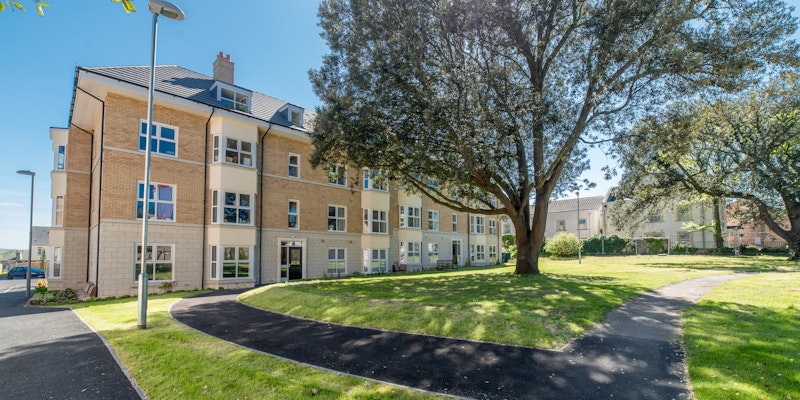What is an EWS1 form?
Since the tragic Grenfell Tower fire in 2017, all blocks of flats built in a similar way across the country and regardless of tenure, are being inspected to identify any safety concerns and to outline any remedial work that needs to happen. We’re confident that only a small number of our homes may be impacted by this.
An External Wall System form (EWS1) is an independent report introduced by the Royal Institution of Chartered Surveyors (RICS) that confirms whether a block of flats meet government requirements around the safety of the external walls. This can apply to buildings over 18m and those under 18m high that have significant external cladding.
The EWS1 investigation will show that these safety requirements have been met in your home or outline any remedial work which need to take place.
We’re committed to the safety of our customers and want these inspections to take place as quickly as possible, however they need to be carried out by an expert to be completed correctly. There have been some delays to this taking place, which is affecting all building owners, including many housing associations across the country.
Unfortunately, there are only a small number of experts with the skills to carry out inspections and complete EWS1 forms, which has led to delays and problems for some leaseholders.
Some funding is available for housing associations to pay for any remedial works that need to happen, however access to these funds has also been delayed and not all buildings qualify for the financial support. Homes England will assess every application made for funding on an individual basis.
Lenders and property valuers have increasingly been requesting to see a building’s EWS1 form before lending money to leaseholders who want to remortgage, sell, or buy more shares in their home. This is because it shows that the external walls of the building have been checked and confirms it meets with building regulations.
The EWS1 form is about providing an assurance to lenders that the building meets all safety regulations.
We know some leaseholders have experienced upsetting and worrying problems when they have tried to remortgage their home, move or buy additional shares because some mortgage lenders won’t lend any money until an EWS1 form has been completed.
If you live in a block of flats and you’re considering moving, remortgaging, or staircasing, you should speak to an independent financial advisor who can give you advice about your own situation. We may also be able to provide advice about whether or not we believe an EWS1 form is needed for your home. You can get in touch with our home ownership team on 0333 400 8222.
Amendments have recently been made to EWS1 guidelines on what type of buildings the form is needed for. This change means that some blocks that are less than six storeys high should no longer need an EWS1 to be carried out at all. Your block’s eligibility for this will depend on several factors such as how much cladding is on the building and what type of materials any balconies are made of. It’s estimated that 500,000 leaseholders could benefit from this new guidance.
The government has also unveiled a five-point plan to bring an end to unsafe cladding, which addresses some of the issues leaseholders are experiencing. The plan includes:
- An extra £3.5bn (on top of £1.6bn) towards removing dangerous cladding from high-rise buildings taller than 18m, and leaseholders in buildings below 18m may be offered loans to fix their buildings
- Calls for leaseholders in medium and high-rise blocks to face no costs, or very low costs for cladding remediations
- For buildings under 18m, the government is considering a new long-term, low-interest loan scheme for leaseholders in buildings where dangerous cladding needs to be removed.
The government continues to update its guidance around EWS1 forms and support, and we’ll make sure we keep you up to date about how these changes might affect you.
What happens next?
If we’re the freeholder of your building, we’ll work with lenders, leaseholders and the government to ensure that all our homes are safe and that leaseholders don’t experience undue or significant costs.
If we’re not the freeholder of your building and lease it instead, we’re committed to working with the Freeholder or management company that owns the building to make sure an EWS1 form is provided as quickly as possible.
If you have any concerns about how this might impact you or any questions about the EWS1 form, please don’t hesitate to get in touch with our homeownership team on 0333 400 8222.
